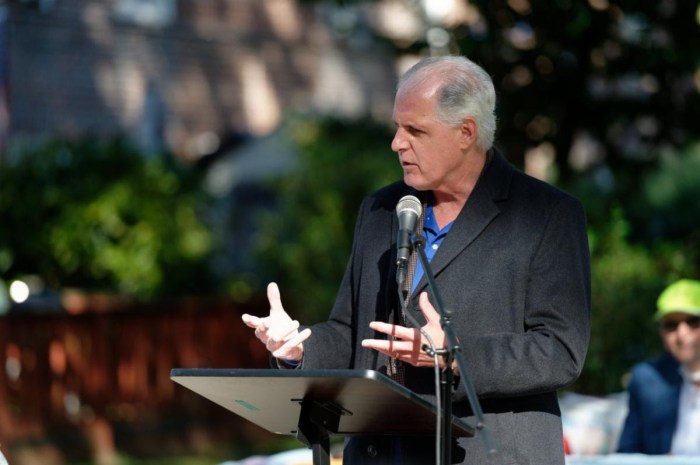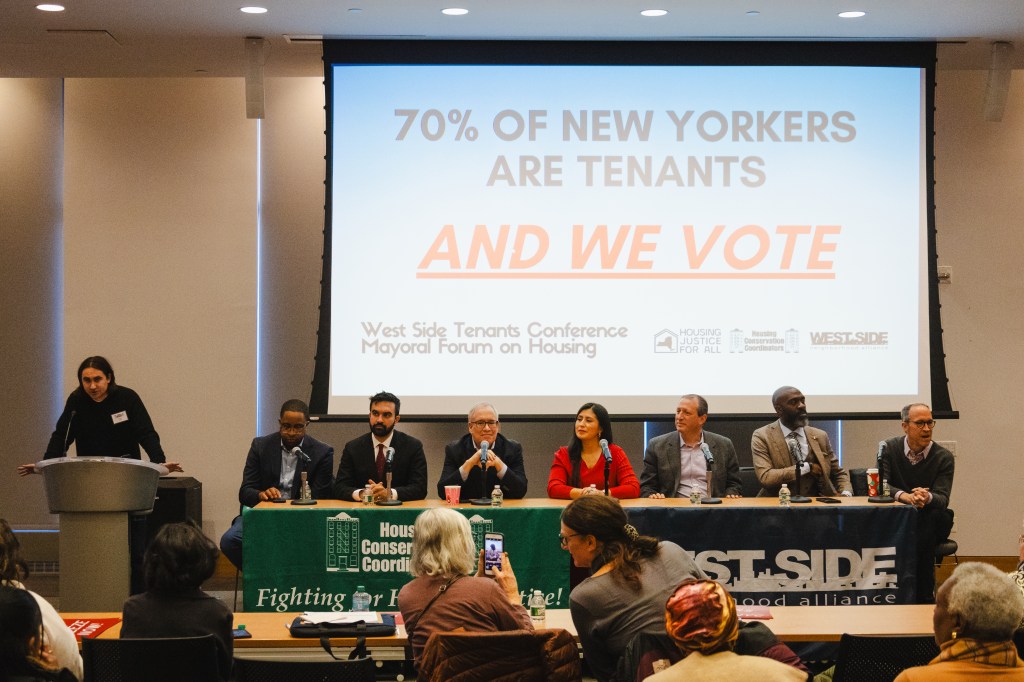By Tom Tracy
Ignorance is bliss, but it shouldn’t help you beat the maximum penalty that comes with a hit-and-run charge, according to one local legislator hoping to fill a loophole in the state’s law against motorists that kill someone with their cars but claim that they never knew the bump they felt was a human being. Under current law, a motorist found guilty of committing a hit and run can only receive the maximum seven-year penalty if the prosecution can prove that the driver intended to hurt or kill someone, a burden that State Senator Carl Kruger believes is “difficult if not impossible to demonstrate.” “Drivers who commit this reprehensible act must not be allowed to escape with a virtual slap on the wrist,” he added. “Motorists who treat a human being like a piece of garbage in the street deserve nothing less than the harshest penalty possible. It’s time that the law paid due homage to the value of a human life.” Over the years, many drivers have fallen through the loophole, getting reduced sentences for killing people by simply claiming that they never meant to hurt anyone or didn’t know that they had actually struck anyone with their vehicles. This loophole once again came under scrutiny last week in the highly publicized death of 25-year-old NYU student Hannah Engle, who was allegedly struck and killed by Wole Parks. According to published reports, cops and Engle’s friends and family bemoaned the fact that if convicted, Parks could only receive four years if convicted, since the prosecution would be unable to prove intent — despite evidence that Parks may have been drunk behind the wheel at the time of the accident. “It’s a very tongue and cheek excuse,” said Kruger. “Right now, it actually pays to hit someone, leave the scene and then go to the police station a short time later and turn yourself in, saying that you never meant to hit anyone. That way you would never receive the highest penalty that comes with the crime.” Kruger said that he plans to enter legislation that would add a clause to the existing law so that anyone who flees the scene of a deadly accident will automatically face the maximum penalty of seven years, whether or not they know that they have killed anyone.

































